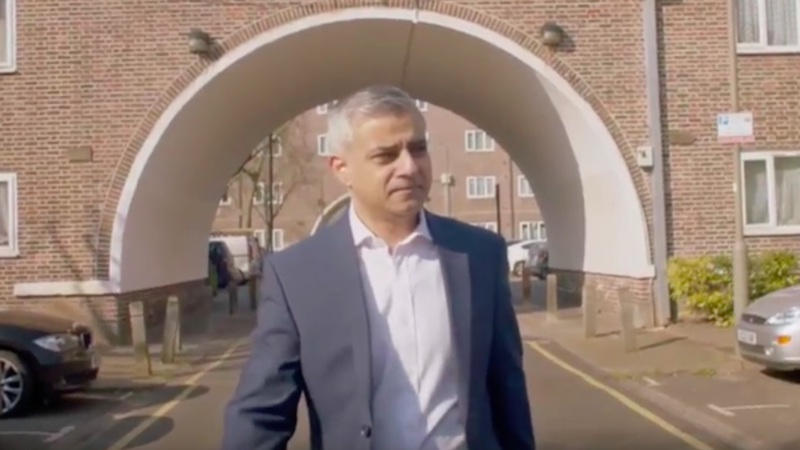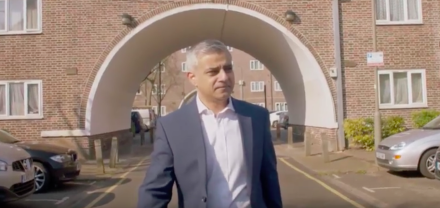

Now the hard graft of delivering has begun. Khan’s policies on housing, transport, air pollution, community safety and economic growth present separate challenges, but the same political theme unites them – the need to show the capital and the country what Labour in office can do.
It is often said, and with justice, that the formal powers of London mayors are limited compared with those of counterparts abroad. However – as I often feel obliged to point out – they are greater than a lot of people think. The position bestows a lot of informal “soft power” too. Boris Johnson’s failed to make the most of the job’s potential. The “Boris” persona carried all before it leaving much that was half-baked in its wake.
To Khan falls the chance to demonstrate that an energetic, practical Labour mayor with focus and imagination can make an impact in ways Johnson never bothered with and that Ken Livingstone, London’s first and best mayor so far, might not have thought of or been temperamentally inclined to try.
Delivering a four-year public transport fares freeze without damaging the finances of Transport for London (TfL) will mean re-making the relationship between the mayor and a key partner body that is accustomed to a high degree of autonomy.
If TfL were a stick of rock it would have “public service” written all the way through it but, as people who worked closely with Johnson testify, it might be an even better servant to London if the mayor, its ultimate boss, took a lead in transforming it into the more flexible and entrepreneurial organisation it may have to become as London’s transport capacity demands grow and budgetary support from central government shrinks.
At his first monthly mayor’s question time on Wednesday, Khan came under pressure from political opponents to define what success in housing policy would look like. He wants to increase the amount of “genuinely affordable” homes being built in capital, but can he do that at the same time as clamping down on the international property speculators so readily blamed for the capital’s housing problems?
The trouble is, mysterious money from the East – and I don’t mean Romford – invested in luxury flats has also helped to pay for about a third of London’s sub-market priced housing in recent years, along with schools, street improvements and other things the public purse cannot afford. It’s even going to fund an extension to the Northern Line. Where else would the money have come from?
Those are just two examples of how Khan will need to change and improve the mayoralty itself in order to convert his magnificent mandate into a distinctively Labour success story in London. It will entail bringing the same know-how, pragmatism and steely self-discipline that characterised his election campaign.
I’m delighted Khan won and wish him well, not only for London’s sake but also because if he thrives it will underline that city region or “metro mayors” across England can be important centres of innovative, progressive government, working productively with lower tier local authorities and central government – even Tory ones – alike and others, including unions, the voluntary sector and businesses.
When announcing his bid to become mayor of Greater Manchester next year, Andy Burnham described it as a “cabinet-level job”. Labour might look a long way from winning power in Westminster, but Labour mayors can still make the party into a substantial power across the land.
Dave Hill writes the Guardian’s On London column. His book Zac versus Sadiq: The Fight to Become London Mayor (Double Q Books) is already available as an eBook with a paperback version to follow in the next few days. For more information contact: [email protected]




More from LabourList
‘The Sherriff of Wild Westminster: what must change in elections bill’
‘The hope that kills you’: Reflections from the final day in Gorton and Denton
MPs, union leaders and organisations react to ‘bruising’ Gorton and Denton result